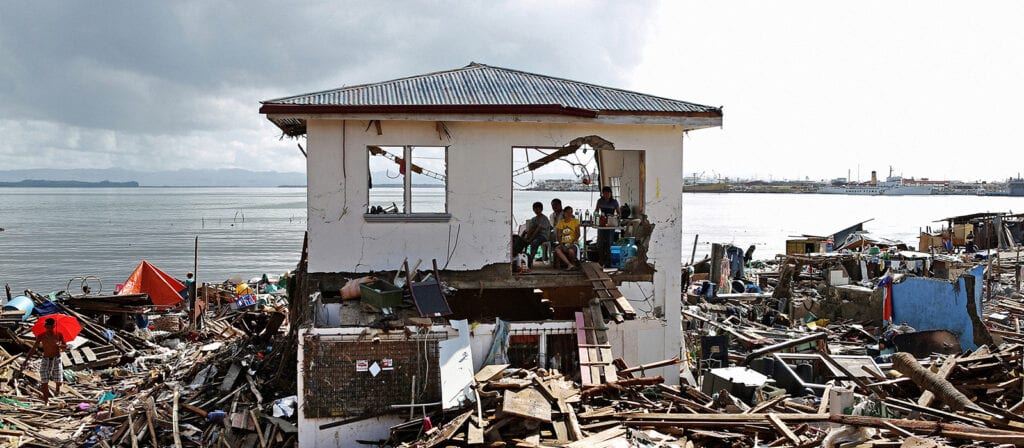In a poll of the ICMIF Conference audience, just under half believe the insurance industry is over-regulated, leading to customers losing benefits and paying more for cover. This supports Bill Marcoux’s (DLA Piper and chair of the Insurance Development Forum’s working group on regulation) view that, while he sees good regulation as critical for establishing trust in the industry, he also thinks there is too much regulation in some areas.
Alejandro Asenjo of La Segunda (Argentina) notes that over-regulation is a problem in some Latin American countries; elsewhere, there are regulatory barriers to entry and a lack of enabling legal environment for cooperatives/mutuals. The sector needs to work more with regulators, supported by the good work ICMIF is already doing, to explain cooperative/mutual insurance and its socio-economic benefits.
In Europe, says Joost Heideman of Univé (Netherlands), insurance regulation is stringent regulation, but proportionality is not always practised. Ministers, regulators, insurers and accountants need ongoing dialogue to assist in this area.
Tim Yeates (AXCO) points out that the fast pace of change in the insurance market is not matched by the slower pace of regulatory change, the difference in dynamics can create tension. He suggests that the International Association of Insurance Supervisors (IAIS) could help through improved dialogue with regulated companies and other stakeholders.
Bill Marcoux explains that the work of the Insurance Development Forum (IDF) focuses on promoting the best – or at least an acceptable – legal/regulatory environment to help close the protection gap in relation to natural catastrophes, especially (but not only) in emerging countries. The situation is more complex, however, and also includes: licensing, market access (including reinsurance), capital, contract law, dispute resolution, securities laws, tax, etc. There is no single recipe for success.
Ana Gonzalez-Pelaez (Cambridge Institute for Sustainable Leadership) points out recognition is growing that insurance is an important part of the solution to achieving the Sustainable Development Goals (SDGs), and thus it is important to those governments that have signed up to the SDGs, in both emerging and developed countries. The lack of regulation, specifically for mutual microinsurance, is the biggest problem, as it stops organisations reaching people who need protection.
Yoshi Kawai, IAIS Secretary General, and the panelists noted the need for: new technologies which allow distribution costs to be greatly lowered; education; changes in licensing and distribution requirements; cooperation across countries to find answers; and more frequent dialogue and collaboration between stakeholders to increase understanding about the role of insurance.
Trust was mentioned as a key factor and Yoshi Kowai noted the potential for technology to further enhance trust in cooperatives/mutuals. Alejandro Asenjo confirmed that listening to customer needs would be key to the future success of the industry and suggested it would be useful to hear customers’ opinions at the ICMIF Conference. Joost Heideman noted the need to be careful that fintechs do not overtake insurers. The BigTech companies of the world have data which might allow them to get past the regulator. Ana Gonzalez-Pelaez called for more platforms to make various expert voices heard, including IAIS, the IDF and independent researchers. Tim Yeates emphasised the need to change quickly in response to global change and work with regulators to anticipate and meet future changes. Bill Marcoux noted that the insurance industry, including all cooperatives/mutuals, has huge resources it can and should deploy to help solve the protection gap problem.
Yoshi Kawai concluded that cooperative/mutual insurers have huge strengths, but need to make good use of new technology to further increase accessibility. Proper regulation, not over-regulation, is required and IAIS would support the sector.
Session panellists:
- Alejandro Asenjo, General Manager, Grupo Asegurador La Segunda (Argentina)
- Joost Heideman, CEO, Univé (Netherlands)
- Tim Yeates, Managing Director, Axco (UK)
- Ana Gonzalez-Pelaez, Fellow, University of Cambridge Institute for Sustainability Leadership (UK)
- Bill Marcoux, Partner, DLA Piper (USA) and Chair of IDF Insurance Regulation and Resilience Policy Working Group
- Yoshihiro Kawai, Secretary General, International Association of Insurance Supervisors (IAIS)
- Sarah Goddard, Secretary General, AMICE (Belgium), moderator






